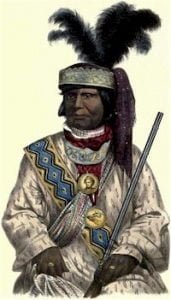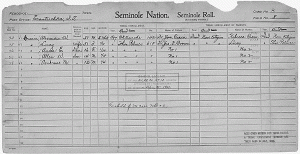Early Times at Forest Chapel
“I have considered the days of old, the years of ancient times.” The following reminiscences of early times at Forest Church are narrated for their intrinsic as well as historic interest. The first one reveals an order of service that is very general in the colored Churches. It is one that affords the deacon, if he be a man so disposed, to spontaneously introduce considerable native wit and humor into the part of the service entrusted to him; and if he does, it very naturally prepares the way for unexpected shouts of joy and gladness on the part of those … Read more



